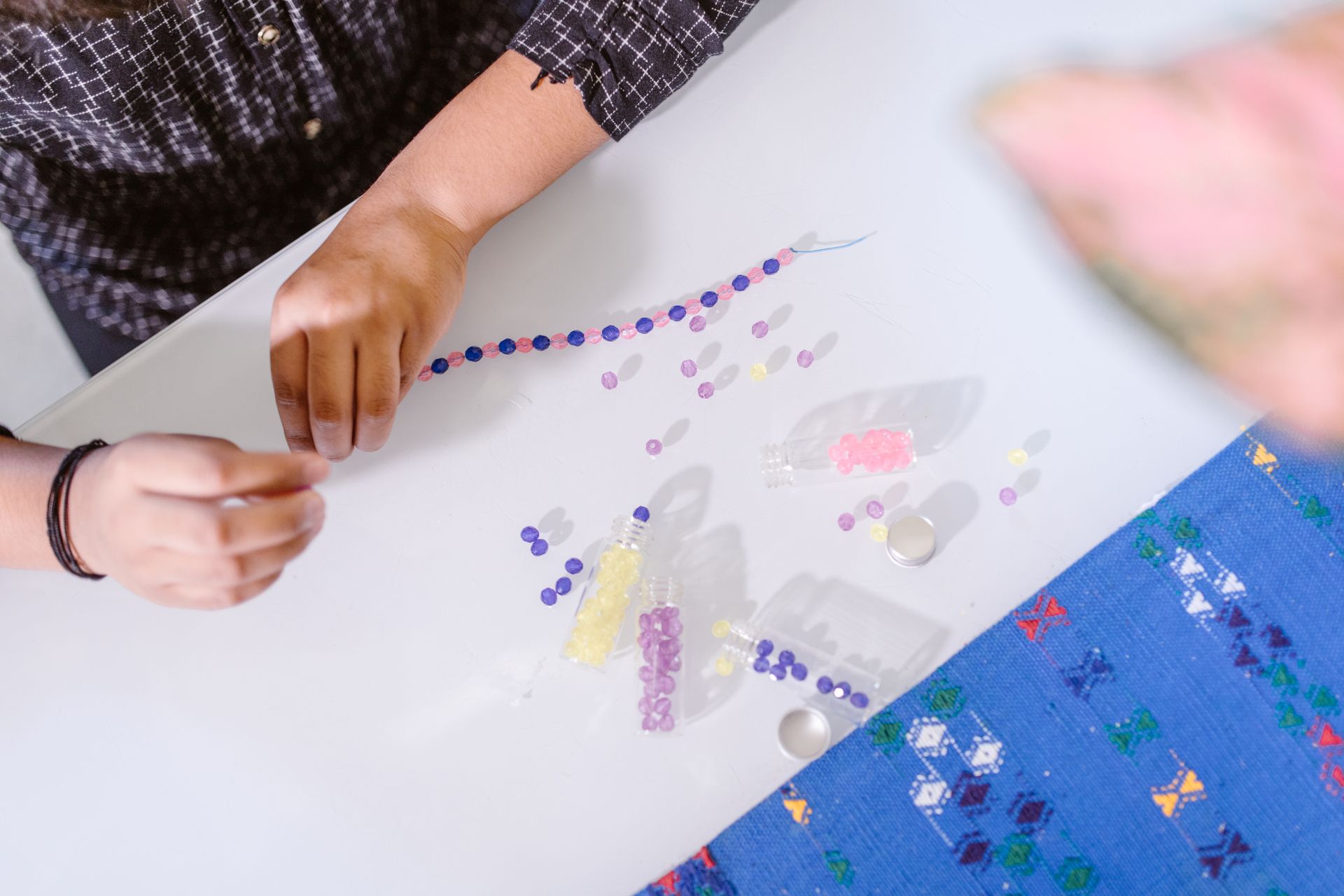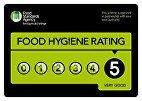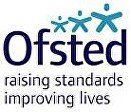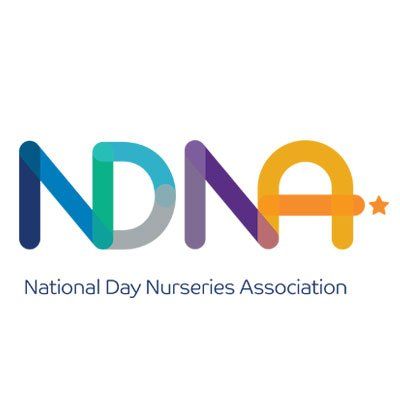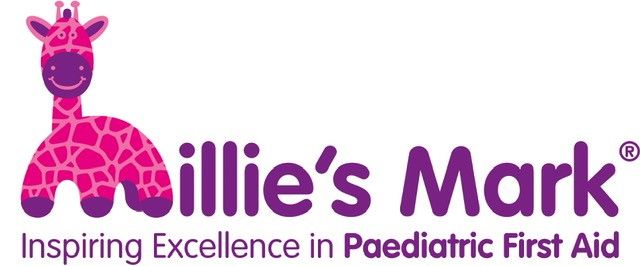Developing Early Math Skills Through Play
Developing Early Math Skills Through Play
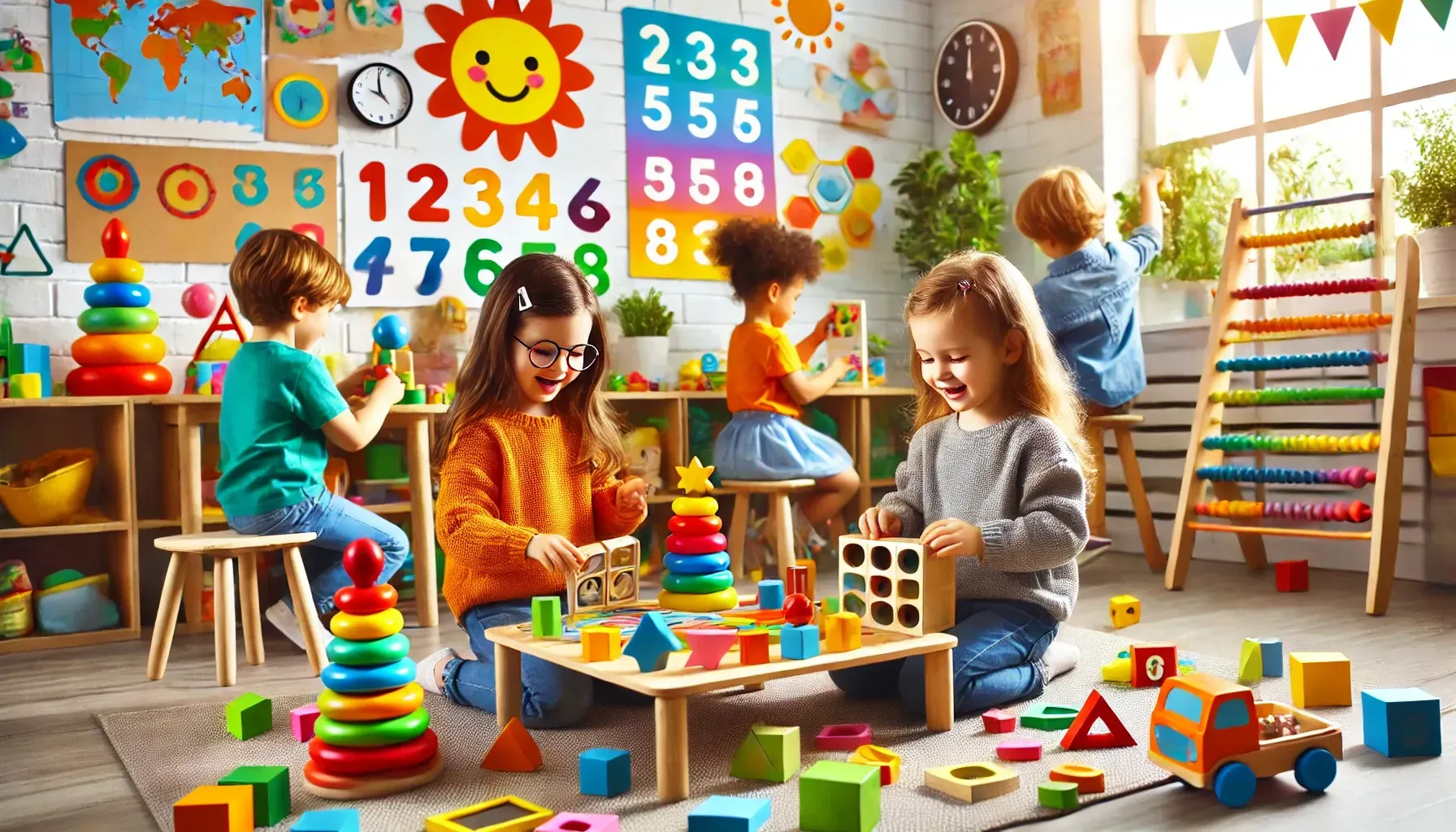
Early math skills are crucial for a child's cognitive development and future academic success. Integrating math learning into playtime not only makes it enjoyable but also helps children grasp fundamental concepts more naturally. This article explores the importance of early math skills and offers practical play-based activities to develop them.
Understanding Early Math Skills
Definition of Early Math Skills
Early math skills encompass a range of abilities, including counting, number recognition, sorting, categorising, understanding shapes, and spatial awareness. These foundational skills are essential for more complex mathematical thinking and problem-solving in later years.
Key Concepts and Milestones
Children typically begin to develop math skills from a very young age. Key milestones include:
- Recognising numbers and counting objects
- Understanding and identifying shapes
- Recognising patterns and sequences
- Sorting and categorising objects
- Comparing sizes, lengths, and quantities
Benefits of Early Math Proficiency
Proficiency in early math skills leads to:
- Enhanced cognitive abilities
- Better problem-solving skills
- Stronger academic performance in school
- Increased confidence in handling mathematical concepts
The Role of Play in Learning
The Connection Between Play and Learning
Play is a natural and effective way for children to learn. It encourages exploration, experimentation, and discovery, which are critical for developing math skills. Through play, children can engage with mathematical concepts in a hands-on, meaningful way.
Types of Play That Promote Math Skills
Different types of play can foster various math skills, such as:
- Manipulative Play: Using blocks, beads, and puzzles to explore shapes, sizes, and patterns.
- Role-Playing: Incorporating math into pretend play scenarios, like playing store or cooking.
- Outdoor Play: Engaging with nature to explore measurement, counting, and spatial awareness.
Research Supporting Play-Based Learning
Studies have shown that children who learn through play tend to develop better problem-solving skills and retain information more effectively. Play-based learning also promotes a positive attitude toward math, making children more eager to engage with the subject.
Counting and Number Recognition
Games for Counting Practice
Simple games like "Hide and Seek" or "Simon Says" can incorporate counting to make learning fun. Using songs and rhymes that involve numbers, such as "Five Little Ducks," can also help reinforce counting skills.
Activities for Number Recognition
Activities like matching games, number puzzles, and flashcards can help children recognise numbers. Incorporating numbers into daily routines, such as counting steps or toys, makes learning continuous and integrated into their environment.
Incorporating Counting into Daily Routines
Parents can use everyday activities to practice counting with their children. Examples include:
- Counting pieces of fruit during snack time
- Counting steps while climbing stairs
- Counting toys during cleanup time
Sorting and Categorising
Importance of Sorting and Categorising
Sorting and categorising help children develop critical thinking and organisational skills. These activities teach children to observe similarities and differences, which are fundamental for math learning.
Play Activities for Sorting Objects
Using everyday items, such as buttons, beads, or toys, parents can create sorting games. Ask children to sort objects by colour, size, shape, or type. This not only enhances their categorisation skills but also improves their attention to detail.
Using Household Items for Categorisation
Household items like utensils, laundry, or groceries can be used for categorisation games. For example, children can sort socks by colour or size, or group vegetables by type. These practical activities make learning relevant and fun.
Shapes and Spatial Awareness
Teaching Shapes Through Play
Introduce shapes to children using toys, puzzles, and books. Activities like shape sorting games, drawing shapes, or building with blocks can help children recognise and understand different shapes.
Activities to Develop Spatial Awareness
Spatial awareness can be developed through activities like obstacle courses, treasure hunts, or building forts. These activities encourage children to navigate space and understand spatial relationships.
Benefits of Understanding Shapes and Space
Understanding shapes and spatial relationships lays the foundation for geometry and other advanced math concepts. It also helps children in everyday tasks, such as reading maps or assembling puzzles.
Patterns and Sequencing
Recognising and Creating Patterns
Patterns are a fundamental math concept. Children can learn to recognise and create patterns using beads, blocks, or drawing. Activities like clapping games or arranging coloured items in a sequence can make learning patterns fun.
Fun Activities for Sequencing
Sequencing skills can be developed through story cards, daily routine charts, or cooking recipes. These activities teach children to understand the order of events and follow sequences logically.
Importance of Patterns in Math Learning
Recognising and understanding patterns help children predict and analyse information. This skill is crucial for problem-solving and is a core component of algebra and other higher-level math.
Measurement and Comparison
Introducing Measurement Concepts
Introduce measurement concepts using everyday objects. Use terms like longer, shorter, heavier, and lighter to compare items. Activities like baking, where measuring ingredients is required, make learning measurement practical and engaging.
Games and Activities for Measuring
Simple games like "How Tall Are You?" or "Measure the Room" can teach children about length and height. Use rulers, measuring tapes, and scales to explore different types of measurement.
Comparing Sizes, Lengths, and Volumes
Encourage children to compare sizes, lengths, and volumes using toys, water play, or sandbox activities. These comparisons help children understand measurement and develop critical thinking skills.
Problem-Solving Skills
Encouraging Problem-Solving Through Play
Problem-solving can be encouraged through puzzles, building blocks, and strategy games. These activities challenge children to think critically and find solutions.
Examples of Problem-Solving Games
Games like "Sudoku for Kids," "Chess," or "Escape Room" challenges can help children develop problem-solving skills. These games require planning, strategy, and logical thinking.
Benefits of Developing Critical Thinking
Developing critical thinking skills through problem-solving prepares children for academic success and everyday challenges. It fosters independence and confidence in their abilities.
Role of Parents and Caregivers
How Parents Can Support Math Learning
Parents play a crucial role in supporting math learning. By providing a math-rich environment and engaging in play-based activities, parents can enhance their child's math skills.
Creating a Math-Rich Environment at Home
Create a math-rich environment by incorporating math into daily activities. Use math language, provide educational toys, and engage in math-related games and activities.
Encouraging a Positive Attitude Towards Math
Encourage a positive attitude towards math by making it fun and relevant. Celebrate successes, provide positive reinforcement, and show enthusiasm for math activities.
Incorporating Technology
Educational Apps and Games
There are many educational apps and games designed to teach early math skills. Apps like "Endless Numbers," "Monkey Math," and "Math Tango" make learning interactive and fun.
Balancing Screen Time and Hands-On Play
While technology can be a valuable learning tool, it's important to balance screen time with hands-on play. Ensure children have ample opportunities for physical and interactive play.
Selecting Appropriate Digital Tools
Choose digital tools that are age-appropriate and educational. Look for apps and games that promote critical thinking, problem-solving, and engagement with math concepts.
Outdoor Play and Math Learning
Exploring Math Concepts in Nature
Nature provides countless opportunities to explore math concepts. Activities like counting leaves, measuring tree heights, or observing patterns in flowers make learning math engaging and hands-on.
Outdoor Games That Teach Math Skills
Games like hopscotch, treasure hunts, or outdoor obstacle courses can teach math skills. These activities encourage physical activity while reinforcing math concepts.
Benefits of Outdoor Play for Learning
Outdoor play promotes physical health, creativity, and cognitive development. It provides a dynamic environment for children to explore and learn math in a natural context.
Social Interaction and Cooperative Play
Group Activities for Math Learning
Group activities like board games, building projects, or group storytelling can teach math skills. These activities promote teamwork, communication, and social interaction.
Benefits of Cooperative Play
Cooperative play helps children develop social skills, learn to share, and work together towards a common goal. It also enhances their ability to understand and solve math problems collaboratively.
Building Social and Math Skills Together
Engaging in group activities that involve math helps children build social and math skills simultaneously. It fosters a sense of community and shared learning.
Real-Life Applications of Math
Using Math in Everyday Activities
Everyday activities like cooking, shopping, or gardening can teach math skills. Involving children in these tasks helps them see the practical applications of math.
Cooking, Shopping, and Other Practical Examples
Cooking involves measuring ingredients, shopping requires understanding money and quantities, and gardening can teach counting and measurement. These activities make math relevant and fun.
Making Math Relevant and Fun
By incorporating math into everyday activities, parents can make math learning relevant and enjoyable. This practical approach helps children see the value of math in their daily lives.
Monitoring Progress and Celebrating Success
Tracking Your Child's Math Development
Keep track of your child's math development by observing their progress in various activities. Use charts, journals, or apps to monitor milestones and achievements.
Celebrating Milestones and Achievements
Celebrate your child's math milestones and achievements with praise, rewards, or special activities. Positive reinforcement encourages continued learning and enthusiasm for math.
Keeping Math Learning Positive and Engaging
Maintain a positive and engaging approach to math learning. Make activities fun, provide support and encouragement, and foster a love for learning.
Conclusion
Early math skills are essential for a child's cognitive and academic development. By incorporating play into math learning, parents can make the process enjoyable and effective. From counting games to problem-solving activities, there are countless ways to integrate math into playtime. Encouraging a positive attitude towards math and celebrating successes will help children build a strong foundation for future learning.
FAQs
1. At what age should I start introducing math concepts to my child?
You can start introducing basic math concepts, like counting and shapes, as early as infancy. Simple activities can be adapted for very young children.
2. What are some easy ways to incorporate math into daily routines?
You can incorporate math into daily routines by counting objects, sorting household items, measuring ingredients while cooking, and recognising patterns in the environment.
3. How can I make math learning fun for my child?
Make math learning fun by using games, songs, and interactive activities. Encourage play-based learning and involve your child in practical, hands-on tasks.
4. What are some good educational apps for early math skills?
Some good educational apps for early math skills include "Endless Numbers," "Monkey Math," and "Math Tango." These apps make learning interactive and engaging.
5. How can I track my child's progress in math?
Track your child's progress by observing their participation in activities, using charts or journals to record milestones, and regularly reviewing their understanding of math concepts.






